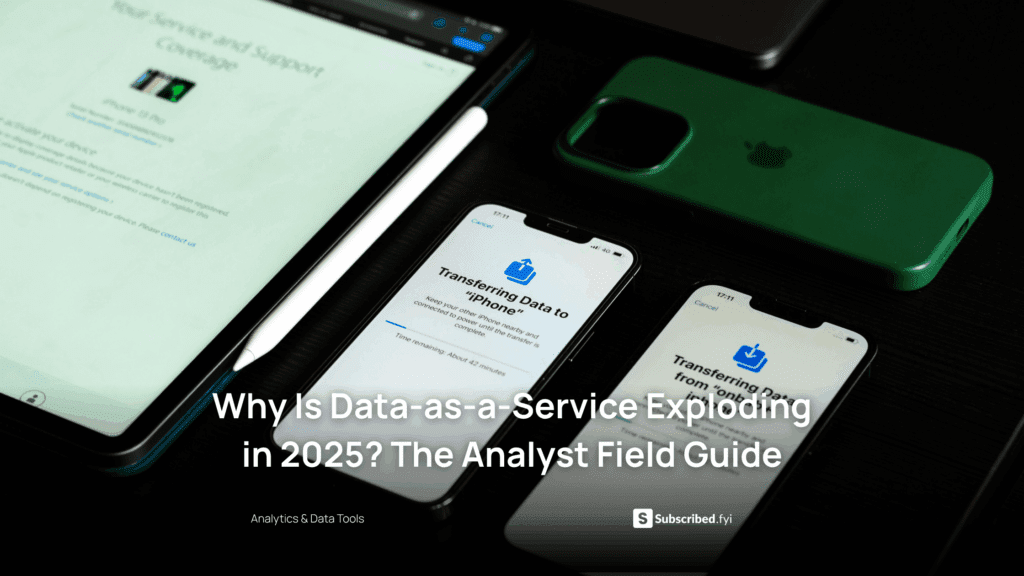Exploring Keyword Types and Their Roles
- Conversational Marketing Software SEO Software Affiliate Marketing Software Marketing Tools


Exploring Keyword Types and Their Roles
Keywords are the backbone of online content, and understanding their various types is crucial for a successful digital strategy. In this exploration, we’ll delve into the diverse world of keywords, examining their types and the pivotal roles they play in optimizing content for search engines.
1. Short-Tail Keywords: The Broad Strokes of Search
Short-tail keywords, often one or two words, are the broad strokes of search queries. While they have high search volumes, competition is intense. Utilizing short-tail keywords is relevant for SaaS products like Google Workspace, catering to users looking for comprehensive cloud-based collaboration tools. The versatility of short-tail keywords ensures visibility in broader search contexts.
2. Long-Tail Keywords: Niche Precision for Targeted Audiences
Long-tail keywords, comprising three or more words, offer niche precision and are instrumental in reaching specific audiences. Platforms like Ubersuggest play a vital role in uncovering effective long-tail keywords. For businesses specializing in unique niches, long-tail keywords enhance relevance, attracting audiences with specific needs or queries.
3. Branded Keywords: Establishing Online Identity
Branded keywords include a company’s name or specific product names, establishing a unique online identity. WordPress, a widely-used content management system, benefits from branded keywords that enhance its visibility. For SaaS products, incorporating branded keywords is essential for fostering brand recognition and dominating search engine results for brand-related queries.
4. LSI Keywords: Contextual Relevance for Content Optimization
Latent Semantic Indexing (LSI) keywords add contextual relevance to content, contributing to a deeper understanding by search engines. Tools like SEMrush assist in identifying LSI keywords, aiding in content optimization. SaaS providers focusing on comprehensive content strategies benefit from LSI keywords, enriching content and improving its search engine visibility.
5. Product-Defining Keywords: Precision in SaaS Offerings
For SaaS providers like Monday.com, keywords that define their product offerings play a pivotal role. These keywords, often specific to the features or solutions provided, guide users seeking particular functionalities. Incorporating product-defining keywords ensures that potential users find the exact solutions they are looking for, enhancing conversion rates.
Conclusion: Crafting a Comprehensive Keyword Strategy
In conclusion, the diversity of keyword types necessitates a nuanced approach to digital marketing. A comprehensive keyword strategy should incorporate short-tail and long-tail keywords, branded terms, LSI keywords, and product-defining keywords. This holistic approach ensures that content is not only discoverable but resonates with the intended audience, ultimately driving meaningful engagement.
Unlock the Power of Keywords with Subscribed.fyi
Elevate your keyword strategy with Subscribed.fyi, the ultimate SaaS subscription management solution. Sign up today to access exclusive deals, streamline subscription management, and gain insights that will refine your keyword strategy for optimal digital success.
Relevant Links:











